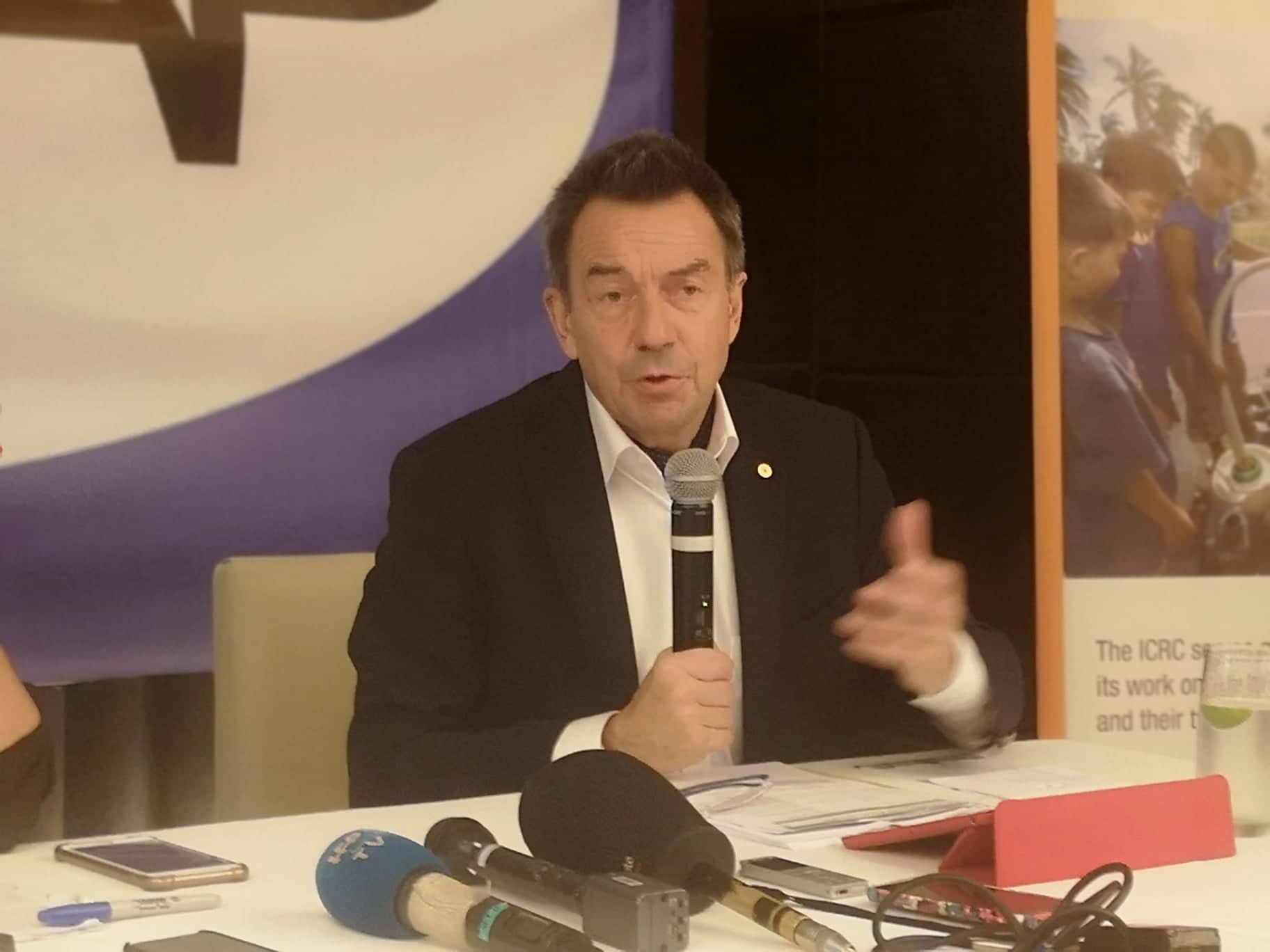
About 3 in 4 millennials or 73 percent or respondents surveyed in 15 countries said mental health needs were as important as water, food and shelter for victims of wars and armed conflict.
In a statement, the International Committee of the Red Cross (ICRC) in Geneva said data from an Ipsos survey of more than 15,000 people, aged 20 to 35, showed growing awareness of the importance of mental health in conflict situations.
The highest support for mental health among millennials came from Syria, where 87 percent of roughly 1,000 respondents said mental health needs are important. It was followed by Indonesia (82 percent), Ukraine (81 percent) and Switzerland (80 percent).
“Mental health services have for too long been an after-thought in conflict settings. When traumas are invisible, they can be easily overlooked or deprioritized. Yet war has a devastating impact on the mental health and psycho-social well-being of millions. New mental health problems can appear, and pre-existing conditions may resurface. For some the effects will be life-threatening,” said ICRC President Peter Maurer.
The survey found that more than one out of five people in conflict-affected areas lived with some form of mental health condition, from mild depression to post-traumatic stress disorder. This was three times more than the general population worldwide suffering from these conditions.
Maurer said supporting people’s mental health could be lifesaving in times of war and violence, “just as much as stemming a bleeding wound or having clean water.” (Melo M. Acuña)